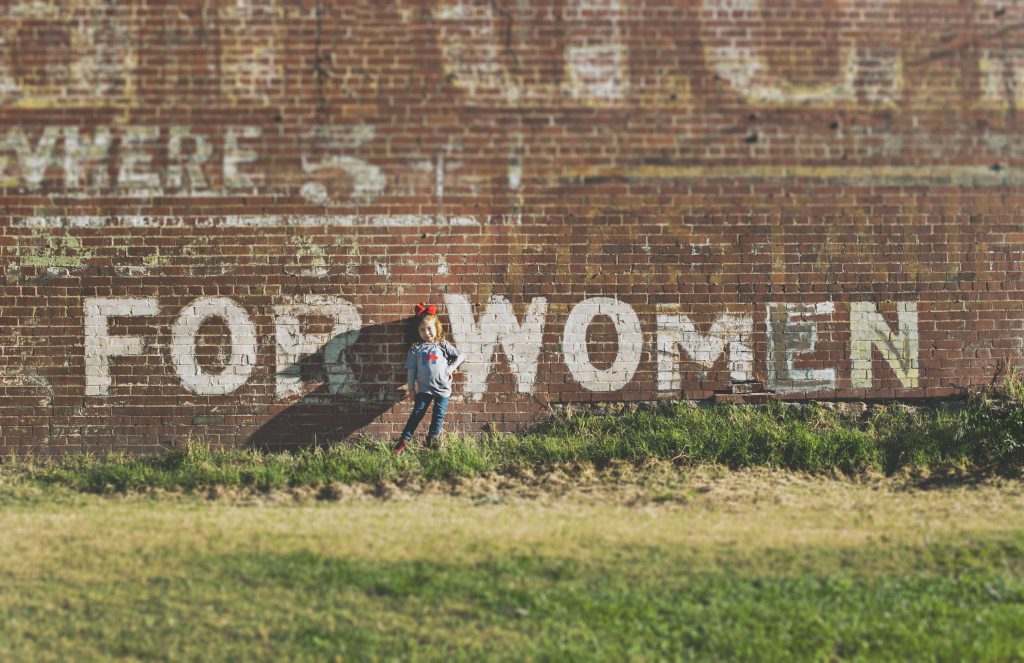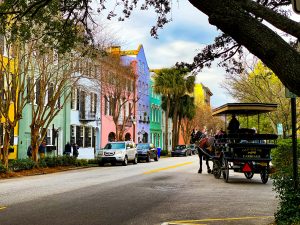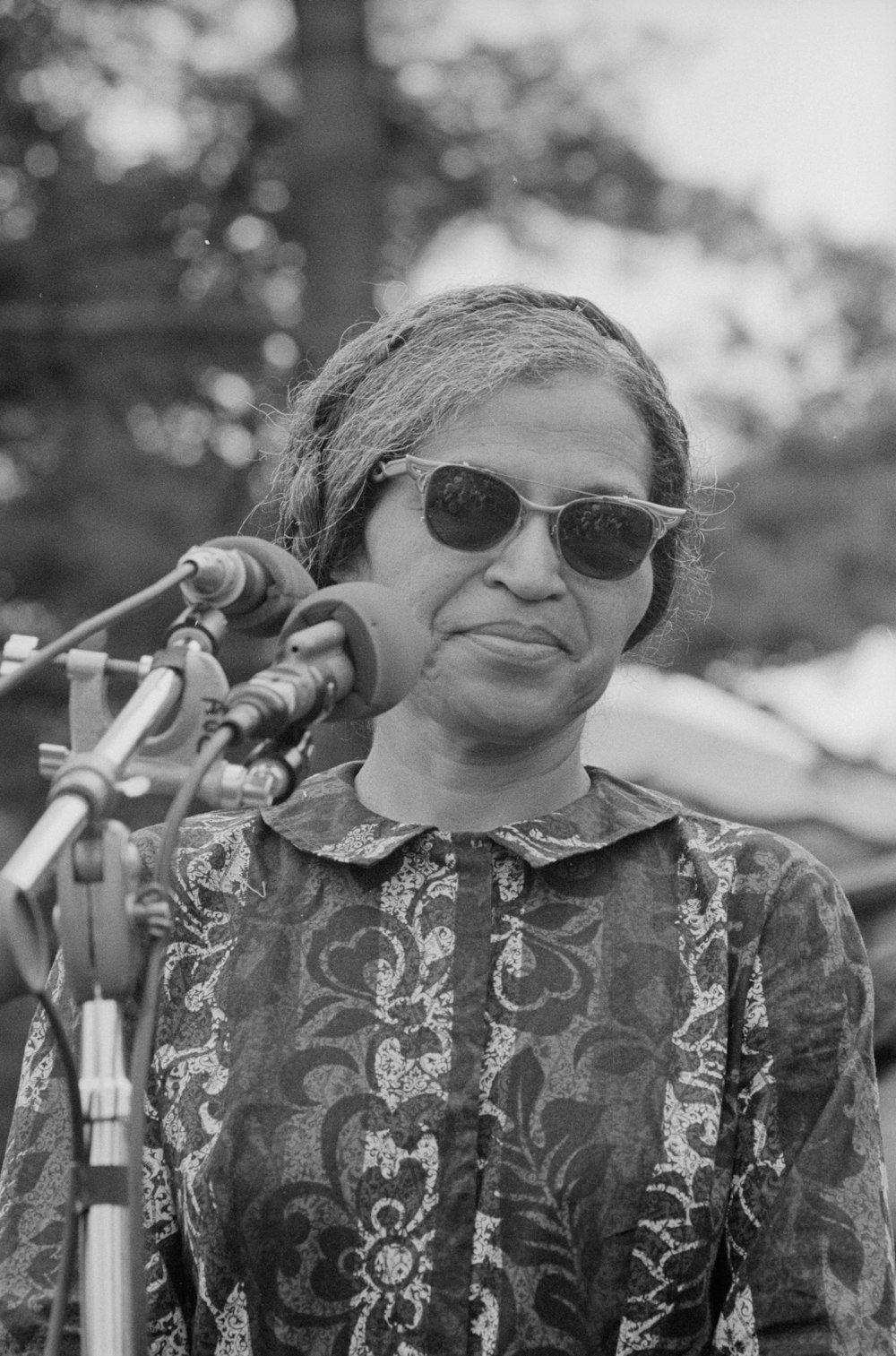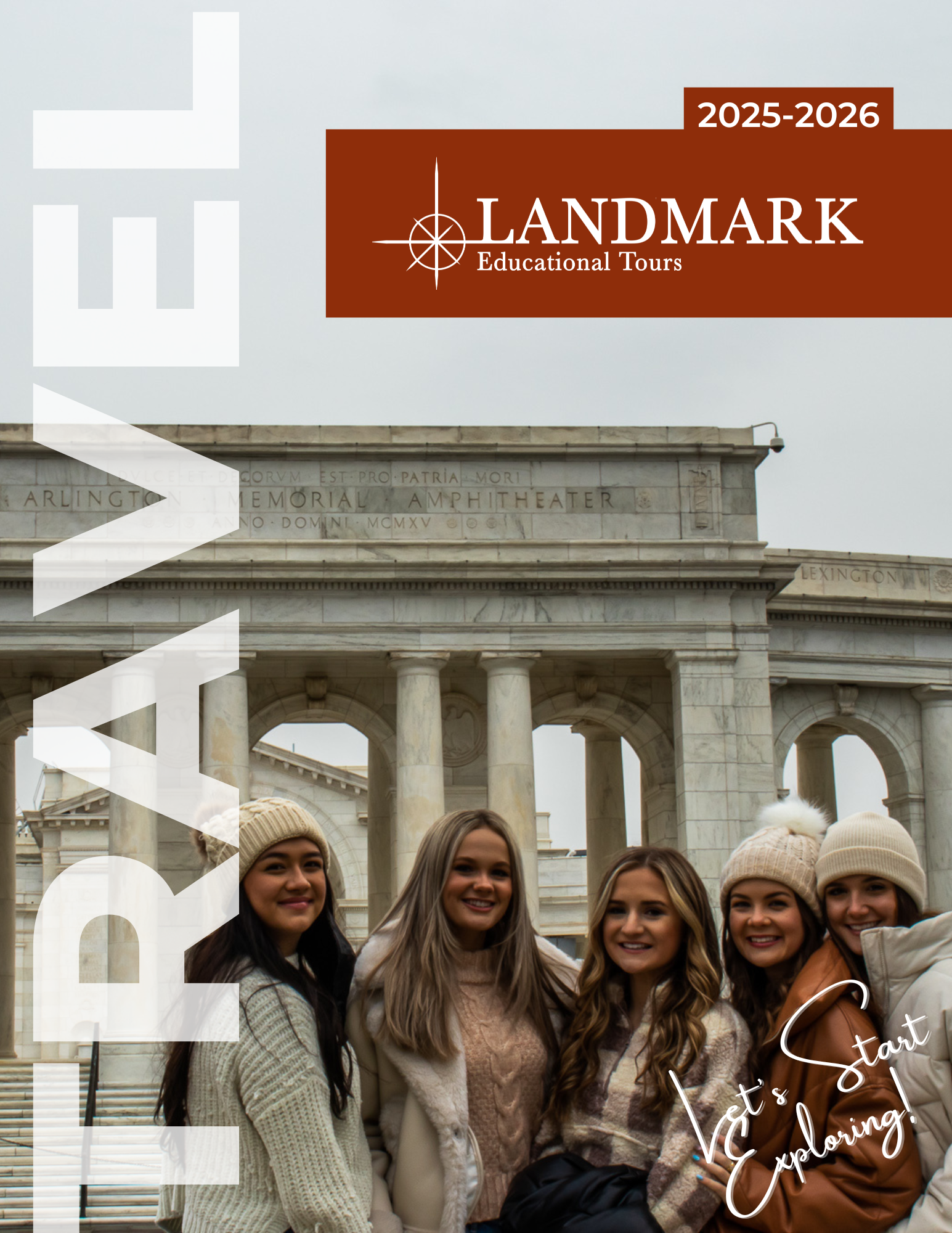Celebrating Women's History Month: Honoring the Women Who Shaped Our World and Empowering the
Women of the Future

March is Women’s History Month, a time when we celebrate the contributions and accomplishments of women throughout history. It’s an opportunity to reflect on the progress made towards gender equality, as well as to acknowledge the challenges that women have faced and continue to face in their fight for equal rights.
The roots of Women’s History Month can be traced back to International Women’s Day, which was first observed in the early 1900s in Europe and North America. In 1980, President Jimmy Carter declared the week of March 8th as National Women’s History Week, and in 1987, Congress declared the entire month of March as Women’s History Month. Since then, the celebration has grown to include events and activities in communities all over the world.
Women’s History Month is an important time to recognize the many contributions of women throughout history, from those who have made groundbreaking discoveries and advancements in science and technology to those who have fought for civil rights and social justice. Here are just a few of the remarkable women who have shaped our world.
Marie Curie
Marie Curie was a physicist and chemist who made groundbreaking discoveries in the field of radioactivity. She was the first woman to win a Nobel Prize and the only person to win Nobel Prizes in two different sciences (physics and chemistry). Curie’s research on radioactivity led to the development of new treatments for cancer, and her work has had a lasting impact on the field of science.
Rosa Parks
Rosa Parks was a civil rights activist who is best known for her refusal to give up her seat on a bus in Montgomery, Alabama in 1955. Her act of defiance sparked the Montgomery Bus Boycott, a pivotal event in the civil rights movement. Parks continued to be an advocate for civil rights throughout her life, and she was awarded the Presidential Medal of Freedom in 1996.
Malala Yousafzai
Malala Yousafzai is a Pakistani activist for girls’ education and the youngest Nobel Prize laureate. At the age of 11, she began writing a blog about life under Taliban rule and the importance of education. In 2012, she was shot by a Taliban gunman on her way home from school, but she survived and continued to speak out for girls’ education. She has since become an international advocate for girls’ education and has founded the Malala Fund to support education initiatives around the world.
Maya Angelou
Maya Angelou was a poet, memoirist, and civil rights activist. Her work explored themes of identity, race, and the human experience. Angelou’s memoir, I Know Why the Caged Bird Sings, is a powerful exploration of her own life and the experiences of African Americans in the South. She was awarded the Presidential Medal of Freedom in 2010.
Susan B. Anthony
Susan B. Anthony was a women’s rights activist who played a key role in the women’s suffrage movement in the United States. She helped to organize the first Women’s Rights Convention in 1848, and she spent her life advocating for women’s suffrage and other women’s rights issues. Anthony’s work paved the way for the passage of the 19th Amendment, which granted women the right to vote.
Ada Lovelace
Ada Lovelace was a mathematician and writer who is widely regarded as the world’s first computer programmer. She worked closely with Charles Babbage, a pioneer in computer science, and she wrote a series of notes on his Analytical Engine that included the first algorithm intended to be processed by a machine. Lovelace’s work helped to lay the foundation for modern computing.
Harriet Tubman
Harriet Tubman was a leading abolitionist and humanitarian who helped to liberate hundreds of enslaved people through the Underground Railroad, a network of secret routes and safe houses used by slaves to escape to freedom. She risked her life many times to rescue others, and her bravery and determination continue to inspire people today. Tubman also played a key role in the women’s suffrage movement, advocating for women’s rights alongside her work to end slavery.
Gloria Steinem
Gloria Steinem is a journalist, author, and feminist activist who has been a leading voice for women’s rights for over five decades. She co-founded Ms. Magazine, a feminist publication, in 1972, and has been an advocate for reproductive rights, workplace equality, and other issues affecting women. Steinem’s work has helped to shape modern feminism and has inspired generations of activists.
These women are just a few examples of the many remarkable women who have shaped our world. Women’s History Month is an opportunity to celebrate their achievements and to recognize the ongoing struggles for gender equality. But Women’s History Month is not just about celebrating the past; it’s also about looking to the future and working towards a more equitable and just world for all women. There are still many challenges facing women today, including the gender pay gap, sexual harassment and violence, and barriers to healthcare and education.
One of the ways we can work towards gender equality is by supporting and empowering women in our communities. This could mean volunteering for a local women’s organization, mentoring a young woman, or simply being an ally to the women in our lives. We can also advocate for policies and legislation that support women’s rights, such as equal pay laws, protections against discrimination and harassment, and access to affordable healthcare and education.
Finally, we can continue to educate ourselves and others about the contributions of women throughout history, as well as the ongoing struggles for gender equality. By learning about the past and present experiences of women, we can better understand the challenges they face and work towards a more just and equitable future.
In conclusion, Women’s History Month is a time to celebrate the many contributions and accomplishments of women throughout history, as well as to acknowledge the ongoing struggles for gender equality. By recognizing the achievements of women and working towards a more equitable future, we can create a world where all women can thrive.
Experience the best of Quebec City in just three days with our expertly curated itinerary. Immerse yourself in the city’s rich history, indulge in delicious cuisine, and take in stunning views of the St. Lawrence River. With our guide, you’ll be able to explore all the must-see attractions and hidden gems. Don’t miss out on this unforgettable trip to Quebec City! Start planning your three-day itinerary today.

Chicago Field Trip
A Chicago field trip combines world-class learning with the excitement of a vibrant city. From iconic architecture and renowned museums to cultural neighborhoods and lakefront landmarks, students experience history, innovation, and the arts firsthand while exploring the energy and educational opportunities of Chicago.

Charleston School Field Trips
Charleston school field trips offer an engaging blend of history, culture, and hands-on learning in one of America’s most significant coastal cities. From exploring historic landmarks and museums to walking the streets where the nation’s story unfolded, students gain meaningful educational experiences while discovering the charm and heritage of Charleston, South Carolina.

Top 10 things to do in Charleston SC
Discover the Top 10 Things to Do in Charleston, SC, where history, culture, and coastal charm come together for an unforgettable educational experience. From exploring historic streets and visiting iconic landmarks to learning at museums and waterfront sites, students will experience the stories, traditions, and beauty that make Charleston, South Carolina a meaningful and memorable destination for any school trip.



